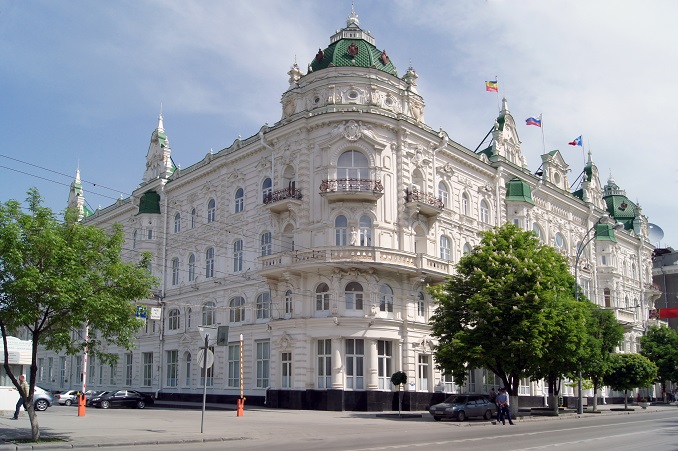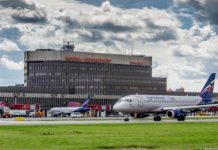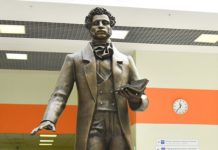Rostov-on-Don has preserved its entrepreneurial spirit and lives up to the image of Russia’s “southern capital,” The Economist writes in an article about the Russian city, part of the British newspaper’s series on the “second-tier cities” of Europe.
“The Russian south is the model of a future Russia,” argues Sergei Smirnov, CEO of Center-Invest, the largest regional bank.
“We don’t have oil, but we do have agriculture, tourism, transport, and small business,” he adds. Although Russia’s GDP growth is slow at around 1.5% a year, the Rostov region is humming along at twice that pace, powered by booming farming, retooled manufacturing, and an active citizenry, the report says.
In Rostov-on-Don, the regional capital known simply as “Rostov” (or “Rostov Papa,” a name from its days as a criminal capital), “people bustle about and try to make things happen, which is a very big difference from other similarly sized cities,” says Natalia Zubarevich, an expert on Russia’s regions.
Rostov’s pitch includes a mix of old and new. Rather than dying, some Soviet giants here retooled. Industrial production in the region was up by 7% last year. Zubarevich calls it “a new post-Soviet re-industrialization.” Take Rostselmash, a hulking agricultural-equipment producer founded by the Bolsheviks in the 1920s. On the brink of failure in the 1990s, these days Rostselmash has been enjoying a revival.
Agriculture is one of the rare bright spots in the Russian economy, helped along by government subsidies and counter-sanctions that banned food imports from the West. In 2016 Russia became the world’s largest wheat exporter. Rostselmash now sells to more than 35 countries and opened its first office in Germany last year.
Beyond the old industry, a younger post-Soviet generation hopes to reorient Rostov. The C52 creative cluster, an abandoned factory transformed into a hip multi-use space, offers a glimpse of the vision.
Alexander Kuleshov, c52’s owner, has been shifting towards it and designs firms with global client bases: following the devaluation of the Russian rouble in 2014, such outsourcing became good business. Like many of his tenants, Kuleshov is determined to stick around town.
“I’m proud that I’m not leaving, that I’m doing something here,” he says.












